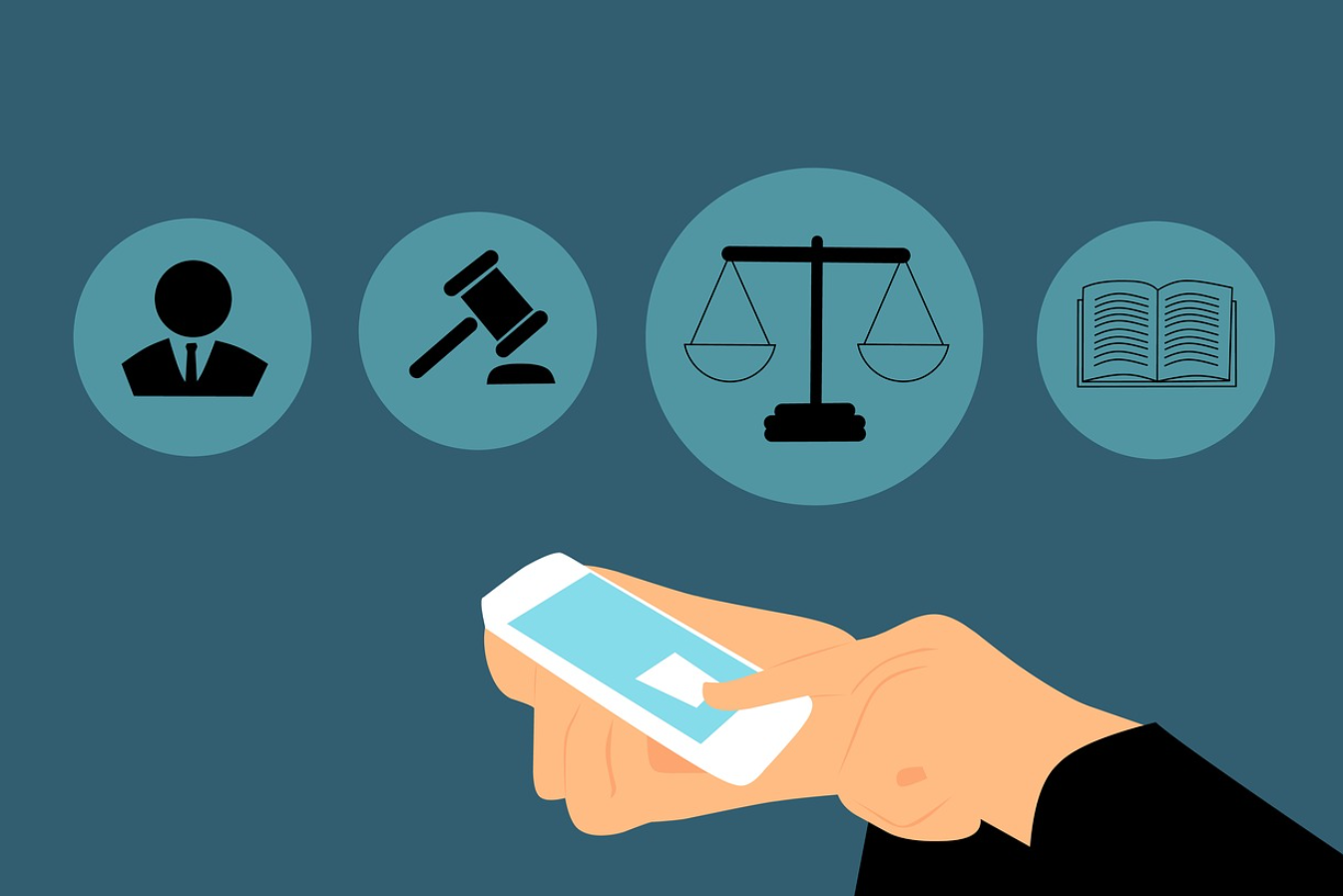Defense attorneys must remain vigilant in addressing potential biases and ensuring that technological tools are used responsibly.
The field of criminal defense is undergoing a significant transformation as technology continues to advance. Traditional techniques, which primarily relied on legal knowledge and courtroom experience, are being complemented and even replaced by innovative strategies that leverage technology. This evolution has empowered defense attorneys to navigate the complexities of modern cases with greater efficacy, offering new avenues for exoneration or reduced sentences.
In today’s digital age, evidence can be captured and analyzed in ways that were previously unimaginable. From social media activity to digital surveillance, the tools available to criminal defense attorneys have expanded dramatically. Understanding these innovations is crucial for legal professionals aiming to stay ahead of the curve and provide the best representation for their clients. This blog will explore several key technological advancements that are reshaping criminal defense strategies in the 21st century.
The Rise of Digital Evidence
According to novilaw.com, digital evidence has emerged as a game changer in criminal defense. In a world where nearly everyone has a digital footprint, defense attorneys are increasingly using social media, GPS data, and online communications to build their cases. For instance, a defendant’s social media posts can provide context that contradicts prosecution claims. Similarly, GPS tracking data can establish a defendant’s location at a specific time, potentially providing an alibi.
One notable case involved a defendant accused of a crime in a public place. The defense team examined the individual’s social media activity during the alleged incident, revealing posts that indicated they were elsewhere. This compelling digital evidence not only supported the alibi but also led to a dismissal of charges. Such examples underscore the importance of understanding and effectively utilizing digital evidence in modern criminal defense.
Virtual Reality and Simulations
Virtual reality (VR) and simulations are revolutionizing how defense attorneys present their cases. By recreating crime scenes in a virtual environment, attorneys can help juries visualize events as they unfolded. This immersive experience often leads to a deeper understanding of the circumstances surrounding a case, which can significantly influence jury decisions.
In one high-profile case, a defense team employed VR technology to simulate a critical moment in the alleged crime. Jurors were able to explore the scene from multiple angles, gaining insights into factors that the prosecution overlooked. This innovative approach not only captivated the jury’s attention but also contributed to a more favorable outcome for the defendant. As technology continues to develop, the use of VR in criminal defense is likely to become more prevalent, offering a powerful tool for storytelling in the courtroom.
Artificial Intelligence in Legal Research
Artificial intelligence (AI) is transforming various industries, and the legal field is no exception. Defense attorneys are increasingly using AI-driven tools to streamline legal research and identify relevant precedents. These advanced algorithms can sift through vast amounts of legal data in a fraction of the time it would take a human attorney, allowing for more efficient case preparation.
AI tools can also assist in crafting arguments by analyzing the strengths and weaknesses of previous cases. By providing insights based on historical outcomes, AI can help defense attorneys tailor their strategies to increase the likelihood of success. However, ethical considerations must be taken into account, as reliance on AI raises questions about the potential for bias in legal decision-making. Attorneys must strike a balance between leveraging AI’s capabilities and maintaining ethical standards in their practice.
Data Analytics and Predictive Policing
Data analytics has become an invaluable resource for criminal defense attorneys seeking to understand trends and patterns in criminal behavior. By analyzing large datasets, defense teams can uncover insights that may help their clients. For example, data analytics can reveal how similar cases have been treated in the past, guiding defense strategies and expectations for case outcomes.

Furthermore, predictive policing—using algorithms to forecast criminal activity—presents both opportunities and challenges. While it can aid defense attorneys in understanding potential biases in law enforcement practices, it also raises ethical dilemmas. Attorneys must be cautious not to rely solely on predictive models, as they can perpetuate systemic biases that disproportionately affect marginalized communities. Striking the right balance between utilizing data analytics and ensuring fairness is crucial for modern criminal defense.
Remote Defense and Virtual Trials
The COVID-19 pandemic has accelerated the adoption of remote legal consultations and virtual trials, fundamentally changing how criminal defense is conducted. Defense attorneys can now meet with clients via video conferencing, allowing for greater flexibility and convenience. This shift has made it easier for attorneys to communicate with clients, particularly those who may be incarcerated or in remote locations.
Virtual trials have also emerged as a viable option, enabling courts to function despite public health concerns. While virtual trials present unique challenges, such as ensuring the security and integrity of the proceedings, they also offer opportunities for more efficient case management. Defense attorneys must adapt their strategies to effectively navigate this new landscape, embracing technology to enhance client representation while upholding the principles of justice.
Conclusion: The Future of Criminal Defense
As technology continues to evolve, the landscape of criminal defense will undoubtedly transform further. Innovative strategies such as the use of digital evidence, virtual reality, AI, data analytics, and remote consultations are reshaping how defense attorneys operate. These advancements empower legal professionals to provide more effective representation and adapt to the complexities of modern cases.
However, with these innovations come ethical considerations that cannot be overlooked. Defense attorneys must remain vigilant in addressing potential biases and ensuring that technological tools are used responsibly. By embracing these changes while maintaining a commitment to justice, criminal defense attorneys can continue to advocate effectively for their clients in the 21st century. As we look to the future, the integration of technology will likely play an increasingly critical role in shaping the outcomes of criminal cases, making it essential for legal professionals to stay informed and adaptable in this ever-changing landscape.


Join the conversation!